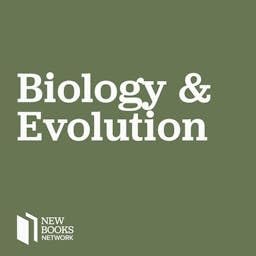In Feminism in the Wild: How Human Biases Shape Our Understanding of Animal Behavior (MIT Press, 2025), Ambika Kamath and Melina Packer reveal how scientists studying animal behavior have long projected human norms and values onto animals while seeking to understand them. When scientific studies conclude that these norms and values are natural in animals, it makes it easier to think of them as natural in humans too. And because scientists, historically and to this day, largely belong to elite, powerful segments of society, the norms and values embedded in animal behavior science match those of the already powerful. How can animal behavior science escape this trap of naturalizing dominant culture? Drawing from decades of feminist, antiracist, queer, disability justice, and Marxist contributions—including those of biologists—Kamath and Packer break down persistent assumptions in the status quo of animal behavior science and offer a multitude of alternative approaches. Core concepts in animal behavior science and evolutionary biology—from sex categories and sexual selection to fitness, adaptation, biological determinism, and more—are carefully contextualized and critically reexamined. This unique collaboration between an animal behavior scientist and a feminist science studies scholar is an illuminating and hopeful read for anyone who is curious about how animals behave, and anyone who wants to break free from scientific approaches that perpetuate systems of oppression. Ambika Kamath is trained as a behavioral ecologist and evolutionary biologist. She lives, works, and grows community in Oakland, California, on Ohlone land. Melina Packer is Assistant Professor of Race, Gender, and Sexuality Studies at the University of Wisconsin, La Crosse, on Ho-Chunk Nation land. She is the author of Toxic Sexual Politics: Toxicology, Environmental Poisons, and Queer Feminist Futures (NYU Press, 2025). Kyle Johannsen is Sessional Faculty Member in the Department of Philosophy at Trent University, on Mississauga Anishnaabeg land. His most recent authored book is Wild Animal Ethics: The Moral and Political Problem of Wild Animal Suffering (Routledge, 2021). Learn more about your ad choices. Visit megaphone.fm/adchoices
Show More
Show Less
 Feb 24 202652 mins
Feb 24 202652 mins 1 hr and 9 mins
1 hr and 9 mins 54 mins
54 mins 38 mins
38 mins 1 hr and 1 min
1 hr and 1 min 1 hr and 14 mins
1 hr and 14 mins 31 mins
31 mins 1 hr and 12 mins
1 hr and 12 mins
